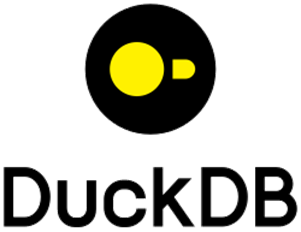Data governance plays an integral role in many enterprise information initiatives, such as data quality, master data management and analytics. It requires coordinating a complex combination of factors, including executive sponsorship, funding, decision rights, arbitration of conflicting priorities, policy definition, policy implementation, data stewardship and change management. With so much overhead involved in running a data governance program, it’s essential to be able to measure the value of data governance.
 As I noted in my previous post, to me the defining characteristic of data governance is its definition, implementation and enforcement of policies. A critical step in enforcing data governance policies, and in measuring the value of data governance, is the creation of metrics with tangible business relevance. These metrics must be capable of being effectively measured, and must also meaningfully represent the business impact of data governance. Truly meaningful metrics always align your data governance policies with your business performance. Effective metrics must provide insight into data that's aligned with how the organization uses data to support its business processes, accomplish business objectives and make business decisions.
As I noted in my previous post, to me the defining characteristic of data governance is its definition, implementation and enforcement of policies. A critical step in enforcing data governance policies, and in measuring the value of data governance, is the creation of metrics with tangible business relevance. These metrics must be capable of being effectively measured, and must also meaningfully represent the business impact of data governance. Truly meaningful metrics always align your data governance policies with your business performance. Effective metrics must provide insight into data that's aligned with how the organization uses data to support its business processes, accomplish business objectives and make business decisions.
Data governance policies for data quality, for example, must clearly define the business, data and technical requirements that have to be satisfied to make data fit for the purposes of its operational, tactical and strategic uses. To have a measurable impact, however, data governance policies must be implemented as executable processes, which are directly embedded within the daily activities of the organization. But these processes have to do more than track compliance with data governance policies (e.g., ensuring sensitive data is only accessed by authorized users). They also have to create business-relevant metrics associated with data governance policies, such as connecting data quality rule violations with the inability to achieve business objectives (e.g., inaccurate postal addresses causing an unsuccessful marketing campaign).
What say you?
Please share your perspective and experience regarding how the value of data governance is measured at your organization by posting a comment below.
Read more in Data governance framework: What is it and do I already have one?






